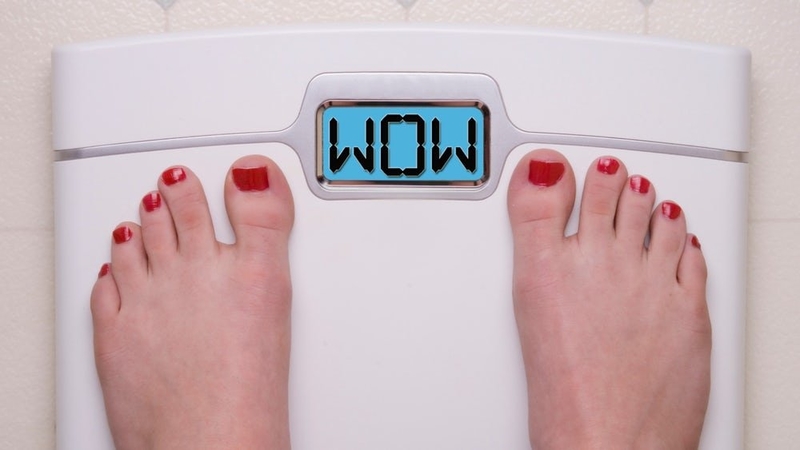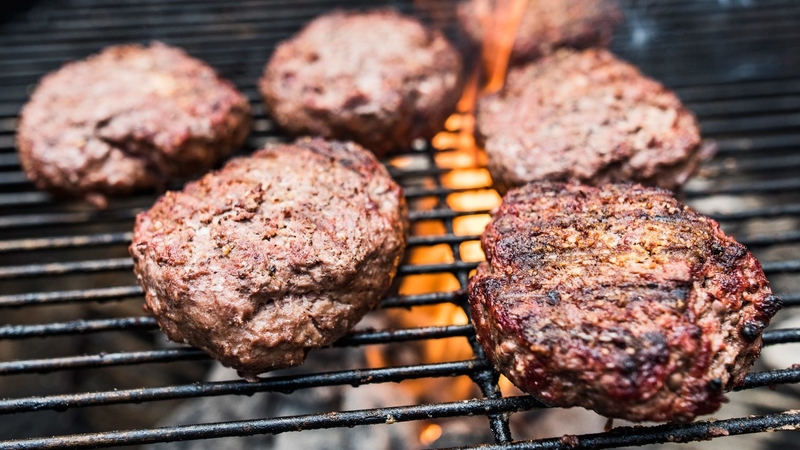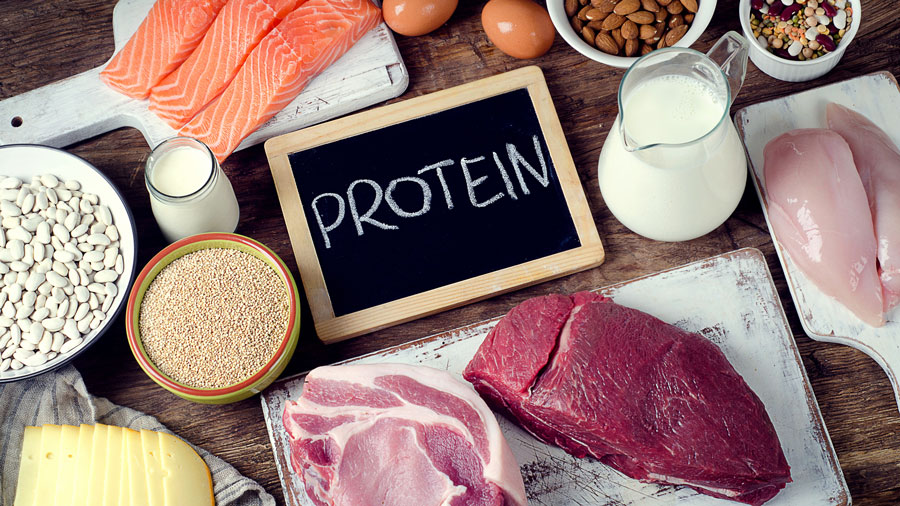How To Know If You’re Getting Too Much Protein
Protein is an essential macronutrient that provides energy, builds muscles, stimulate metabolism and fuel satiety. However, too much can be a problem. Read on to see a list on how to know if you have too much protein in your body:
Dehydration
According to an MD Board-certified family medicine physician and health author, Shilpi Agarwal, the constant sensation of thirst and lack of urination might be a sign that you’re getting a lot of protein than your body needs. He explains that when our bodies absorb protein, it uses up water as the kidney breaks it down.

Too much protein means that the organ will absorb water and function extra hard than the usual. Alarming amounts of the macronutrient can also cause nitrogen buildups in your body which isn’t easily flushed out by your body.
Constant Constipation
With your body taking up too much water to process protein, there wouldn’t be anything left to be used on your bowel movements allowing for much harder stool.

Agarwal advises that while protein should be in every balanced diet, it should never be your sole source of nutrition.
Gaining Weight
Getting excessive amounts of protein comes with extra calories which will eventually become excess pounds.

Excessive protein intake can cause halitosis and a bad mood
Too much protein and fewer carbs will force your body to enter a state called ketosis. While it burns fat for fuel, it produces a byproduct called ketones.

When your body burns an unhealthy amount of fat in such a short period, it leaves you with stinky breath under stinkier moods.
Upset Stomach
Protein sources don’t share equal amounts. While Whey protein is a potent source of the macronutrient, it can cause gas, bloating and an upset stomach.

Natural dietary sources are a better choice because it gives you ample amounts with fewer chances of exceeding your limit. Supplements like pea or hemp protein also work great for your tummy. Experts also advise choosing eggs, beans, Greek yogurt, lentils, nuts, poultry, seeds, and seafood as part of a balanced diet over potent artificial sources. Avoid protein bars and shakes because they usually have unhealthy amounts of sugar. If you aren’t sure about your body’s protein limit, it’s easy to consume too excessive amounts.







